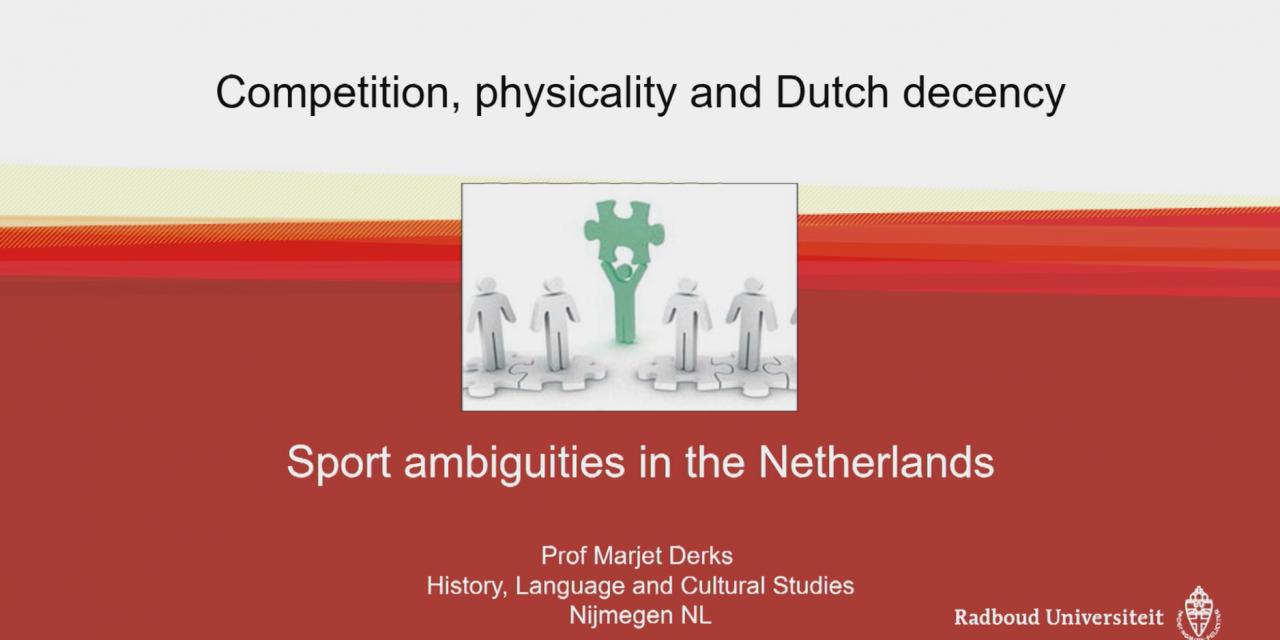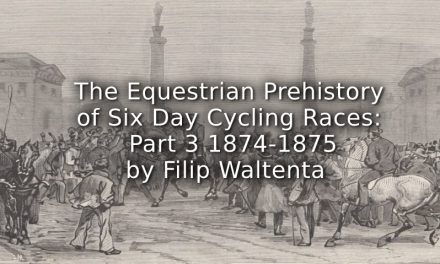Presented by: Marjet Derks
Contemporary Dutch politicians have embraced sport as an identity marker and national unifier. But looking through the lens of history, this is rather an invention of tradition. From the late 19th century onwards modern sport met fierce resistance in the land of pillarization, both from the liberal bourgeois, the socialists and above all from the dominant confessionals. Competition, display of physicality and cosmopolitism challenged Dutch decency at several levels. It wasn’t until the 1970s century that politicians did begin to embrace particularly international competitive sport on a more structural level. Remarkably, this decade also saw the rise of a self-proclaimed egalitarian society. This paper addresses the history of resistance to sport to answer the question why sport eventually became so important to Dutch self-understanding.
Article © Marjet Derks





